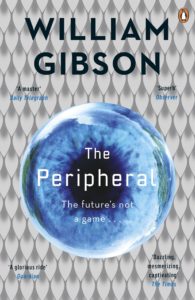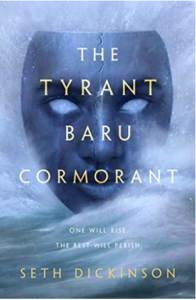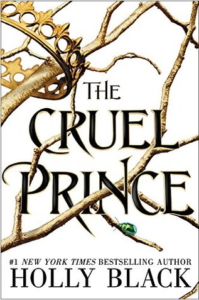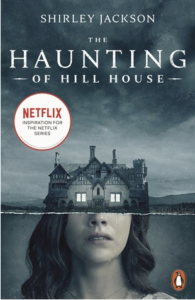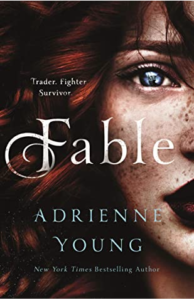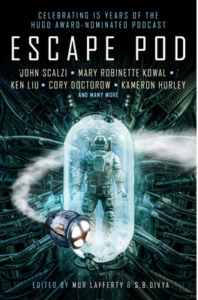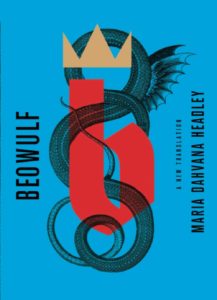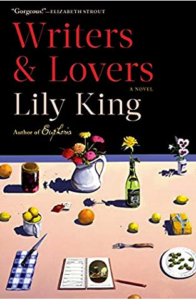I finally finished all four seasons of the brilliant Amazon adaptation of the sci-fi classic, and was struck both by the similarities, which were neutral to bad, as well as by the differences, which were mostly wise choices on the part of the series’ creative team, imho.
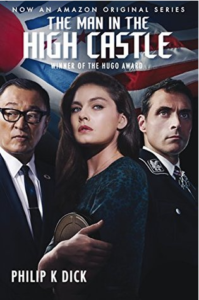 There must, ofc, be plentiful differences in order to expand Philip K Dick’s somewhat slender tale to encompass four gripping seasons. The biggest change is the enhancement of the roles of John and Helen Smith, an all-American couple who pledged allegiance to the Nazis when the Axis powers won World War II, and eventually rise to become the most powerful couple in America. John is played by Rufus Sewell at his conflicted and deadly best, as he denies more and more of his humanity in order to survive and thrive in the American Reich. His best scenes come when you think he’s cornered, especially when reporting to his superiors in Germany. His absolute ruthlessness against even more evil people than himself is a joy to watch, even as you know he’s still a very bad person.
There must, ofc, be plentiful differences in order to expand Philip K Dick’s somewhat slender tale to encompass four gripping seasons. The biggest change is the enhancement of the roles of John and Helen Smith, an all-American couple who pledged allegiance to the Nazis when the Axis powers won World War II, and eventually rise to become the most powerful couple in America. John is played by Rufus Sewell at his conflicted and deadly best, as he denies more and more of his humanity in order to survive and thrive in the American Reich. His best scenes come when you think he’s cornered, especially when reporting to his superiors in Germany. His absolute ruthlessness against even more evil people than himself is a joy to watch, even as you know he’s still a very bad person.
Chelah Horsdal’s Helen self-medicates and self-deludes in order to live up to her role of the perfect Nazi matron, until their eldest child, Thomas, makes a choice that lays bare the utter horror of the system they’ve spent so long propping up. As Helen tearfully admits to her daughter in the season ender, she only started caring when the Reich began to do to her what they’ve done to everyone else; pretty much the lesson every Face-Eating Leopard Voter eventually learns. Her story arc is bold and entirely well-deserved, as is her husband’s, tho don’t think for a moment that this story team won’t have you on tenterhooks the entire time.

